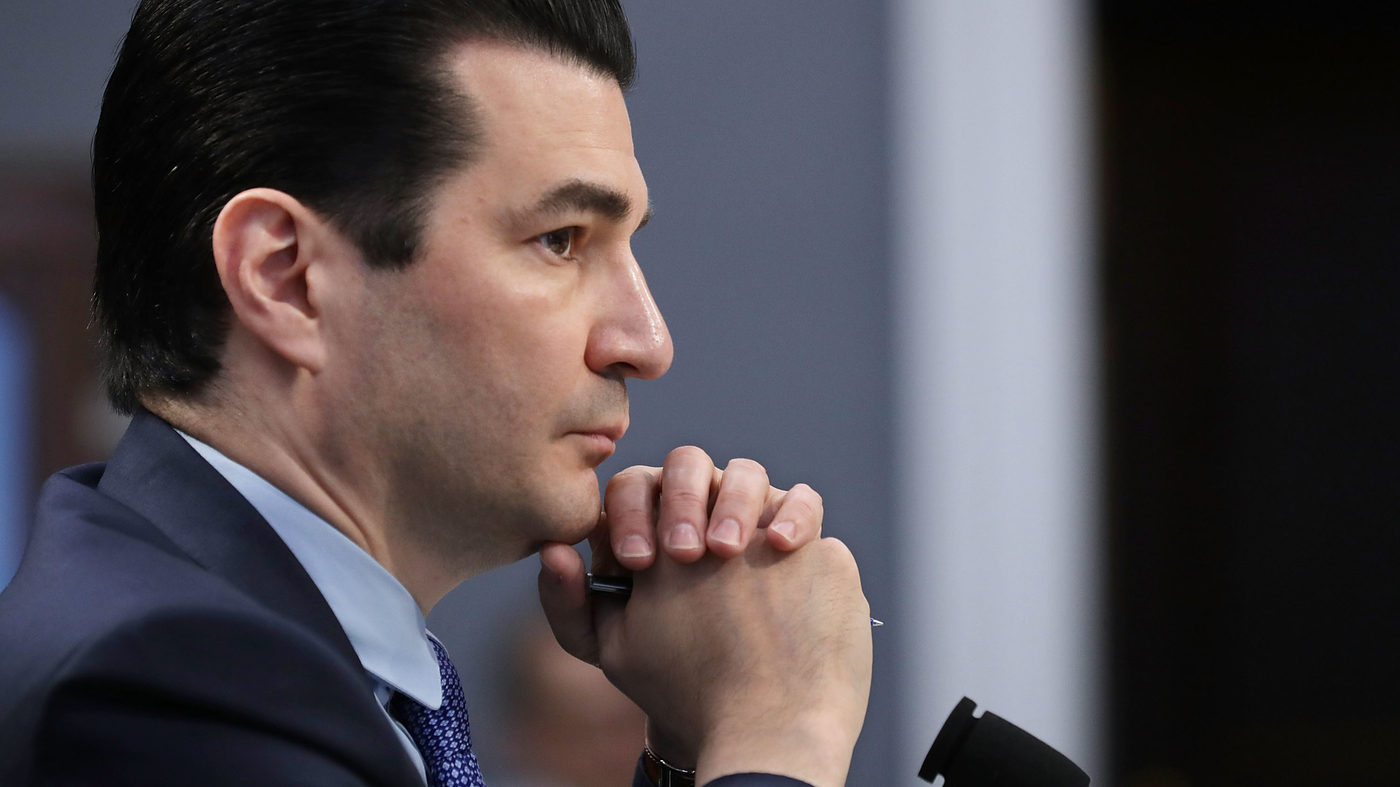Dont mean to derail any threads
Pain fellow
Not superglam
Declining reimbursement over years continued, average difference in pay between pain and anesthesia is much smaller then you can guess. Anesthesia can pay more if thats someones primary concern.
Risk of litigation and DEA monitoring can be stressful
Lots of paperwork that is outside of the clinic hours. It is very busy during clinic, little time to do any paperwork or you will be wayy behind.
Dealing with insurance and prior authorizations.
After hours phone calls that take a lot of time and documentation
Some meds you cant start due to high cost and copays. Unfortunately patients may have to fail the cheaper medications to qualify for better.
20 or more procedures a day expected at many places I interviewed PP. Academics protected but have to teach, lectures, supervise, meetings.
Wearing heavy lead all day will place a lot of strain on your back, hips, knees over the years. Attending I know has to retire in his 50s due to bad back. Did case on an interventional radiologist and his spine barely resembles what you would expect, around same age as the other attending. Little data on long term low dose radiation exposure but is something to consider.
Patient population is not easy and can be demanding or threatening. One of the few fields where you can actually get killed by your patients. Multiple cases you can search. Outburts not uncommon for not starting, continuing, or decreasing meds.
Less vacation time then anaesthesia- across all jobs I looked at
Med management in a good location is expected by most referrers and if you work for someone you might not have a choice. Not everyone prescribes high dose opioids but it is not unusual to see lots on low dose managed by pain management. Cofellows took jobs where they are expected to prescribe.
Lots of shady stuff with medical marijuana, prp, stem cell not supported by much data
Before I went in, someone told me that 1/3 will do great, 1/3 will get some temporary improvement, 1/3 will get no benefits despite everything. Mostly true
Lots of chemical coping, anxiety, depression who either don't want psychiatry, or cant afford
Some neurosurgery and less common ortho referrals may be dumps for meds or after failed procedures.
The number of people on disability and haven't worked in years within the pain clinic was surprising. Some want to get back to work and are motivated but this may not be as common as you would think.
Procedures may help in the short term but patients expect more permanent options. What do you when a person had 10 or more procedures over 2 years and pain scores are not or minimally improved? Some just place a stim then will proceed with pills.
Where I did residency,I know 3-4 who went back to the OR after a few years
on SDN, another 3-4 big names on the threads went back to the OR and say they work less, have more off time and are happier
With all the stuff I mentioned, it can be an excellent option if you work for yourself and have freedom to do what you want in terms of meds and procedures without worrying about your partners expectations of procedure volume or opioid management. Downside is hours and lots of paperwork but may be worth it for select individuals.
Its not all procedures and derm hours.



